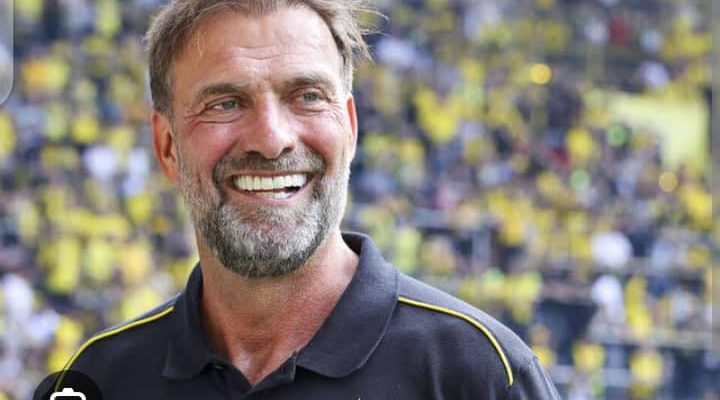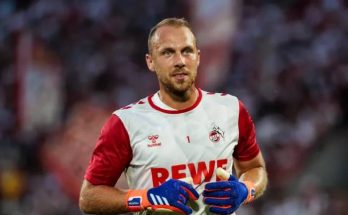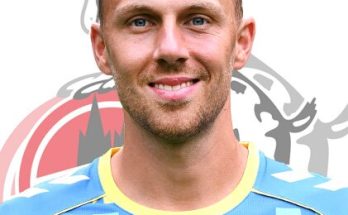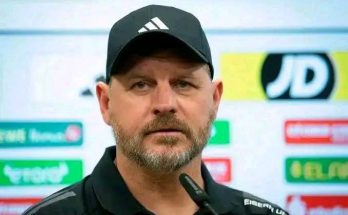Wow — what a bombshell. If such a thing were true — that Jürgen Klopp, after his stirring, tear‑filled farewell at Liverpool, has now taken up the reins again at Borussia Dortmund — it would be nothing less than one of the most electric moments in modern German football. The kind of narrative every fan dreams of, the sort you write books about. Let’s ride this wave together, unravel what it would mean, and sense the tremors through Dortmund, the Bundesliga, and beyond.
To begin: the emotional undercurrent is enormous. Klopp’s first stint at Dortmund (2008–2015) was more than just a coaching gig; it established his legend. He reshaped BVB’s identity, restoring hope, infusing passion, turning the club into a European contender. Those golden years — the titles, the cup, the Champions League final run — these are etched deep into the club’s mythology. So the news of “Klopp returns” would not be greeted as a mere managerial change, but as a resurrection of feeling. The Signal Iduna Park south stand would quake in recognition, voices rising, tears flowing, memories flooding back. To those who lived through Klopp’s first era — and to younger fans who grew up on its mythology — this is not just a return: it’s a homecoming.
Emotion aside, the sporting implications are seismic. Klopp never returns empty‑handed. He brings exacting standards, clarity of philosophy, a culture of relentless pressing, collective spirit, attacking dynamism. In a league increasingly dominated by Bayern (and now Leverkusen), Dortmund would have, once more, a galvanizing force. He’s the kind of coach who can turn a decent squad into something greater, who can reinstate belief where it has eroded. Klopp doesn’t just ask for wins — he demands identity, he demands pride. A Klopp‑led Dortmund would be dangerous again.
But let’s not gloss over the complexities. Such a return would collide with realities. Dortmund today is not the same BVB of 2012 or 2013. The financial landscape, squad structure, expectations, competition — everything has shifted. Bayern is stronger, many clubs are more professionalized, investments more global, data more central. Klopp would have to adapt. He would need backing — money, transfer freedom, time. And patience from fans who will not settle for second best. There would be pressure from day one.
And then there’s Klopp’s own trajectory. After leaving Liverpool, he’s taken a role with Red Bull (as global head of soccer) — a position oriented more toward oversight than daily coaching. (Wikipedia) Some fans, particularly in Dortmund, interpret that move as a betrayal — that by aligning with Red Bull, he’s aligned with interests they’ve long opposed (e.g. the RB Leipzig model). (Yahoo Sports) So his reentry into Dortmund’s fold would be a complicated emotional reconciliation. People would ask: Can we ever fully trust again? Does this move erase prior doubts? Can a man who once fought against this model now lead the club he once championed, when he’s also serving its rivals? The friction and tension would be unavoidable.
We should also consider the ripple effects. The Bundesliga, already hungry for competition, would suddenly face a rejuvenated BVB. It would raise the stakes — for Bayern, Leverkusen, Leipzig, every aspirant. Media narratives would shift: “Klopp’s Dortmund” becomes a tagline again. Player recruitment would tilt — some players would want to come just to be coached by Klopp. The transfer market around Dortmund would change: more interest, more price fluctuations, more expectations.
Then there’s the psychological dimension. The players themselves would feel revived, inspired. Veterans would reawaken, youth prospects would believe, the locker room culture would realign. But that also means existing weak links would be exposed. Klopp’s style leaves no place for underperformers. Some players might be pushed out. Some may chafe under his intensity. That tension can galvanize — or destroy.
Let me attempt a narrative vision: imagine the announcement day — a video, images, him walking onto the pitch in black and yellow again. The crowd roaring. Players gathering. The press frenzied. For a moment, the air would feel electric, as though time rewound. But then, every training session becomes a test. He demands intensity, verticality, cohesion. The first few fixtures are scrutinized: draws or losses would provoke panic. But in Klopp’s other eras, he often endears himself by turning adversity into collective strength. Slowly, the Dortmund machine reboots. There might be missteps — injuries, lapses, tactical misfires. But the underlying current is: this club is alive again.
In the eyes of purists, this is a redemption arc. A coach who once left in tears, who built, who moved on, returns to rescue, to reignite. It appeals to our romance with football — to legend, to myth. But in the eyes of realists, it’s a gamble. The margin for error is narrower, the competition fiercer, the audiences impatient.
Now, as for the critics: some would whisper that perhaps this is more nostalgia than strategic sense. That this is an emotional stunt. That the modern game demands new voices, new data, new methods. They’d ask: Can Klopp adapt to modern analytics, the escalated physical demands, the evolving tactics? Some would posit that Dortmund would be better served hiring a rising star with new ideas. Others would question: At what personal cost? Does Klopp still have the energy for the marathon?
But the counterargument is strong: few coaches carry such aura, such authority, such capacity to unify a club. Few can bridge past and present. Few can demand belief. In football, belief matters. In Germany, identity matters. In Dortmund, the fans demand more than success—they demand soul.
If all goes right, this could inaugurate a new “Golden Era 2.0.” Dortmund could challenge not only domestically but on the European stage again. Champions League nights, epic comebacks, legends returning, youth blossoming — Klopp would aim to reconstruct that dream. He would reforge alliances between the supporters and club, reignite the Yellow Wall, make the Ruhr valley pulse again with expectation.
But even a partial success would be powerful. A bold return already changes stories. It resets how rivals regard you. It forces questions: Where is Bayern’s next opponent? Who can stand toe‑to‑toe with BVB again? It forces the league to raise its ceiling.
So yes — such a return is more than just a comeback. It’s an emotional explosion. It’s nostalgia, but also potential. It’s hope, danger, reckoning. It’s the past colliding with the future. And in that collision, new legends might be born.
If you like, I can flesh out how Klopp’s tactics might evolve in a second Dortmund era, or simulate how his return would change the Bundesliga table over the next few seasons. Do you want me to do that?



